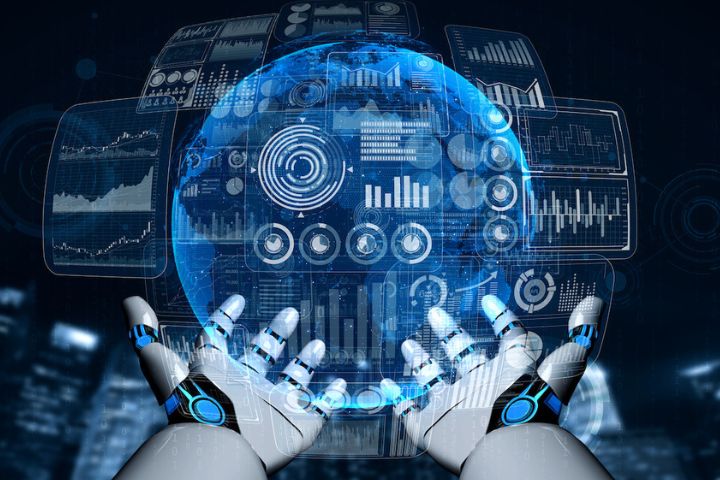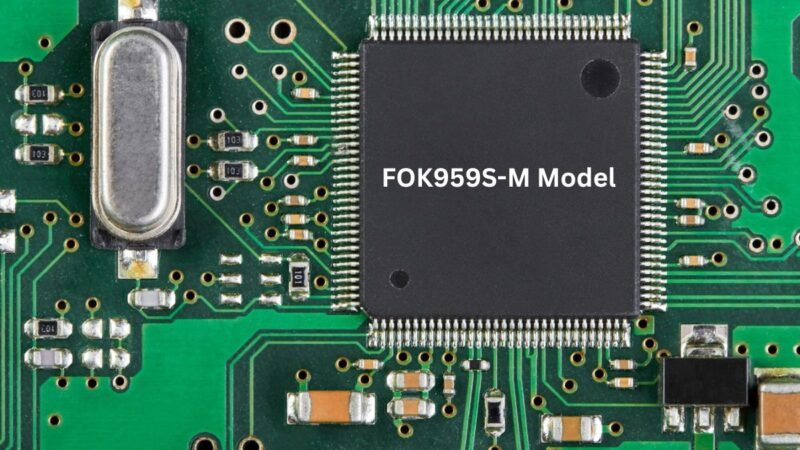The Explosion Of Artificial Intelligence In The World Of Work

In the past ten years, artificial intelligence in the world of work has seen a real explosion in the world of work. What should we expect in the future?
The theme of AI embraces multiple aspects of human life, from ethical, social, and human, to those of work, the transformation of employment as we know it today, and the social stability that these transformations put in crisis.
For a decade, it has seen an absolute explosion in the world of work, and its application has grown in many areas, from industry to crafts.
Less complex functions such as organizing, planning, controlling, managing information, and supporting functions are destined to be performed by machines in the future, while new skills are required of humans.
But suppose it is true that robots have eliminated and will eliminate many indispensable tasks until a few years ago. In that case, it is equally true that they have created as many, with fewer and less tiring and repetitive tasks.
And that’s not all.
Technology has exponential growth. This means that many of the jobs we will do in 10 years have not yet been invented.
In short, nothing new for technology historians. All technological revolutions have had more or less the same characteristics.
The difference lies precisely in the ever-increasing speed with which technological progress advances and the speed with which the world of work must adapt.
Regarding change, there are two lines of thought:
- The apocalyptic: they think that technology will take the place of man by eliminating all the jobs and activities connected to it
- The integrated: they think that artificial intelligence will increase productivity, profits, and wealth.
How Artificial Intelligence Is changing The World Of Work
In our daily experience, we are getting used to living with automation. Amazon GO supermarkets are now known without checkout counters or shop assistants.
The products taken from the shelves are monitored by sensors and cameras able to associate the customer with the products he puts in the cart and, once the shopping is finished, send the bill via the App.
Amazon also showed us how it is possible to manage warehouses in an automated way using robots equipped with artificial intelligence capable of optimizing spaces and controlling the movement of goods better than humans.
We could then talk about Tesla, the self-driving car that will save us the trouble of driving in traffic (which, guess what will drastically reduce in smart cities ) but which, at the same time, could put different crises. Professions, such as that of the truck driver, are among the most popular in the USA.
Technologies That Have Supplanted The Jobs Of The Past
There are many causes, and some are curious:
- The people who were in charge of lighting the street lamps
- Switchboard operators, a profession that has now taken on other connotations and that has been equipped with other tools
- The bowling pin straightener
Others, on the other hand, are being phased out, such as subway train drivers.
It almost sounds funny. Some professions seem almost ridiculous to think of them today, but once upon a time, they could not be done without.
Benefits Of AI in The World Of Work
The innovation brought by AI is mostly about highly repetitive jobs. Strong and weak artificial intelligence and deep learning promise to take the strain out of most repetitive physical jobs.
Other benefits are less well known—one of these concerns the issue of inclusion (which also means democratization of work). Artificial intelligence is creating work for even the most fragile categories, such as parents who need to work from home through smart working and the disabled, who can offer their contribution by making their intellectual skills available.
A Limitation Of AI In The World Of Work
The automation brought by AI has several advantages on the professional level, but inevitably they get disadvantages from the human point of view, mainly due to the isolation of workers.
In an intelligent work scenario, unless adequate measures are taken, the psychosocial well-being of the workers decreases.
The Future Of Artificial Intelligence In The World Of Work
The future is made up of organizations using artificial intelligence to improve efficiency and avoid repetitive and costly tasks.
On the other hand, companies will have to set up continuous learning programs capable of supporting their collaborators in the transition that will not be clear but progressive and, at least for now, continues with new technologies and ways of approaching them.
The Right Approach For The Workers Of The Future
The new organization of the world of work is leading to a redefinition of the role of people within it.
Future workers will increasingly have to train to acquire the skills that allow them to collaborate efficiently with machines, even remotely.
The skills will no longer be (and already are not) exclusively technical and professional, but above all, human.
Trust, collaboration, responsibility, autonomy, and creativity will be just some of the skills required.
Also Read : How To Improve The Security Of Your eCommerce Website?


